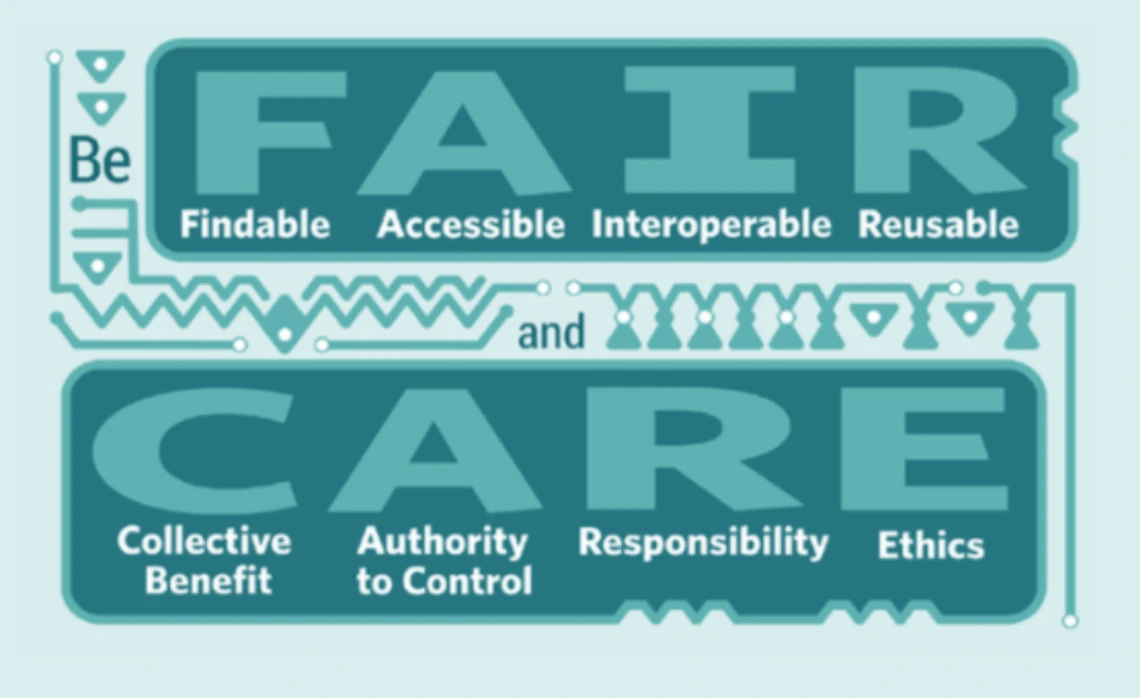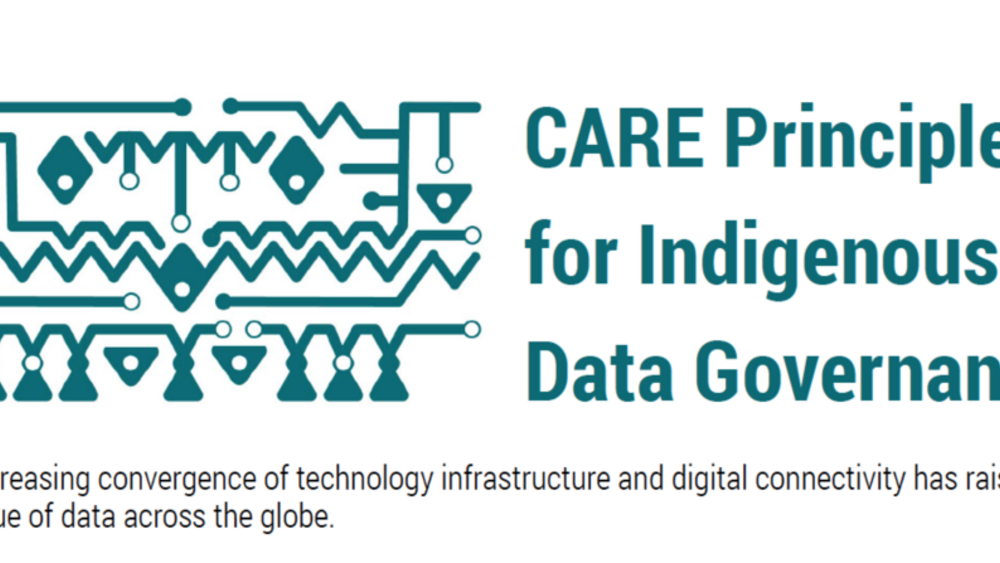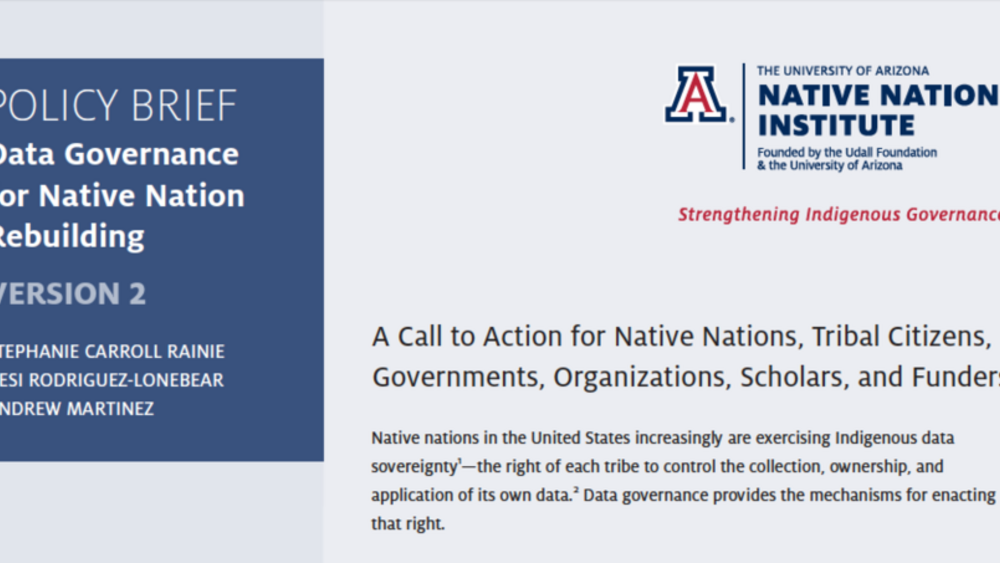Shifting the focus of data governance from consultation to values-based relationships to promote equitable Indigenous participation in data processes.
Indigenous data sovereignty is becoming an increasingly relevant topic, as limited opportunities for benefit sharing have focused attention on the protection of Indigenous rights and interests, and participation in data governance. Globally, there are more than 370 million Indigenous people, representing more than 5,000 distinct cultures, across over 90 countries.6 The recent focus on Indigenous data sovereignty has emerged as part of an intricate weaving together of the Indigenous cultural and intellectual property rights (ICIP) discourse with Indigenous research ethics, and the United Nations Declaration on the Rights of Indigenous Peoples (UNDRIP).
Additional Information
Russo, Stephanie Carroll; Maui Hudson; Jarita Holbrook; Simeon Materechera,; Jane Anderson. Working with the CARE Principles: operationalising Indigenous data governance November 9, 2020. Ada Lovelace Institute. Blog. Retreived from https://www.adalovelaceinstitute.org/blog/care-principles-operationalis…




